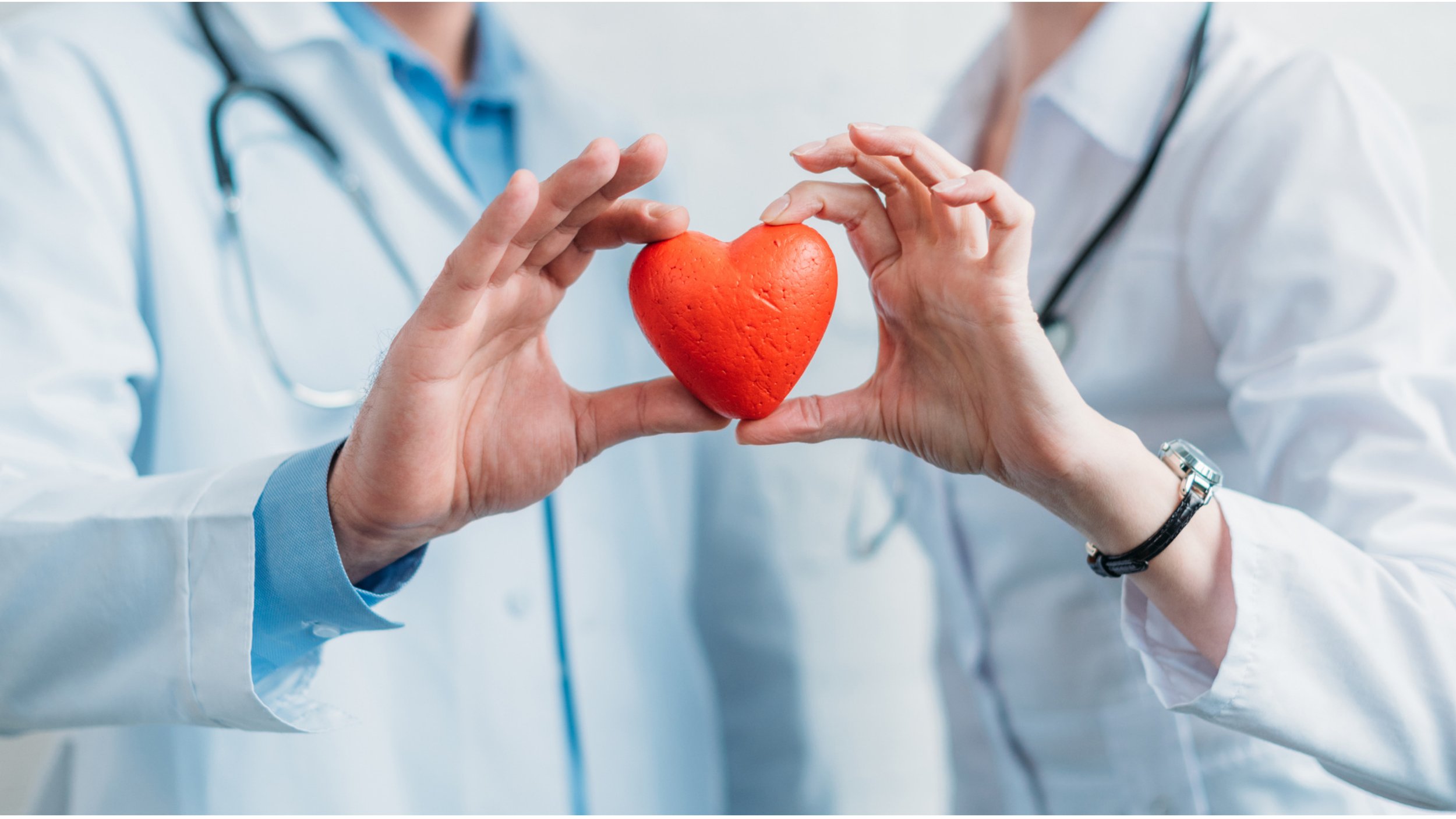What does real health look like?
Here we offer some new positive perspectives on health.

If > 90% of people on medical marijuana say they use because of “stress” or “pain” then there has to be a better way to relieve our stress and pain.
Some of the main areas we perceive stress in our lives:
1. Financial: jobs, career, living paycheck to paycheck (no savings).
2. Relational: family breakdown and irresponsibility, marriage and parenting, caregiver burdens, etc.
3. Health: physical, mental, emotional and spiritual.
Financial health:
We can learn about handling money in a commonsense and easy-to-understand way. Here are a couple of practical ideas to get started:
The Dave Ramsey show: excellent materials and resources to learn how to budget and save, pay off debt and become financially free. Watch new shows everyday here.
The Bible is clear about putting God first in our finances (tithing and giving, offerings, etc.). Read the short book of Malachi; it talks about bringing our “tithe into the storehouse.” Our responsibility is to know what our Creator requires of us so we put our financial lives in order.
Relationships:
Family, friends, co-workers, etc.
Self respect: we have to respect ourselves before we can respect others. We have to care about ourselves so we can care about others.
Honoring our family members (parents, siblings, spouse, etc.).
Some great resources:
Focus On the Family (focusonthefamily.org)
Family Research Council (frc.org)
Christian Broadcasting Network (cbn.com)
Christian Families Against Destructive Decisions (CFADD.org): an excellent ministry located in downtown Spartanburg, SC that teaches Biblical principles on family, life, finances, etc.
Health and wellbeing:
Physical health:
Pain relief: using cryotherapy (cold, ice packs, ice water, etc.) for pain, edema and inflammation in extremities and back, neck, etc.
Getting enough sleep: this study (2024) by Penn State concludes that adolescents are more susceptible to using marijuana and alcohol if they do not get enough sleep.
Emotional health:
What is “emotional health”? Here’s a good article.
HopeSC.org (07-07-24): SC pastor discusses how “poorly processed pain (emotional, mental and spiritual) shipwrecks lives.”
Mental health:
CBN News: excellent well-rounded news coverage from a Biblical perspective.
CDC.gov: about mental health.
Public Discourse: balanced worldview discussions about life and family matters.
Spiritual health:
CBN News (video 2024): “Top psychiatrist says going back to church can help with loneliness and depression.”
Addiction, dependency and recovery:
Celebrate Recovery: a safe place to find freedom from life’s hurts, hang-ups and habits.
Clear30.org: a proven program to help daily marijuana user change course with THC use.
Evans Training Center: an amazing addiction center with a 40 week program for men that’s Biblically based. Located in Spartanburg Co., SC.
“We have become a nation that has normalized chemical coping and chemical reward without realizing that chemical coping and chemical reward can lead to a modern form of slavery, chemical addiction. We have to begin de-normalizing the use of drugs to artificially reward our brains or to cope with life. We are accustomed to assuming that life should be perfect and stress free and beautiful every day. Life is full of stressors and of challenges which can be resolved and can give rise to pleasant and serene periods, and then decline into periods of stress. Americans are so universally optimistic and hopeful that the downside to our optimism and hope is a desire to maintain perfection daily; let’s pop a chemical to cope with life or pop a chemical to yield an instant easy reward. The consumption of drugs, which in the words of Arthur Koestler, play confidence tricks on one’s mind, achieves neither serenity nor perfection over time.
If you look at the history of the opioid crisis all the regulations that we had in place for Schedule II and Schedule III drugs, manufacturing quotas, chain of custody, prescriptions, tight regulations, did not protect the American public in the face of massive publicity, massive disinformation, massive campaigns to market opioids, and pressure on physicians to prescribe them. I fear that we are currently in the same situation with marijuana.
Finally, we can’t arrest our way out of the opioid crisis, we can’t treat our way out of the opioid crisis, and we can’t prevent our way out of the opioid crisis. We have to do all three.”
Source: Interview with Dr. Bertha Madras
